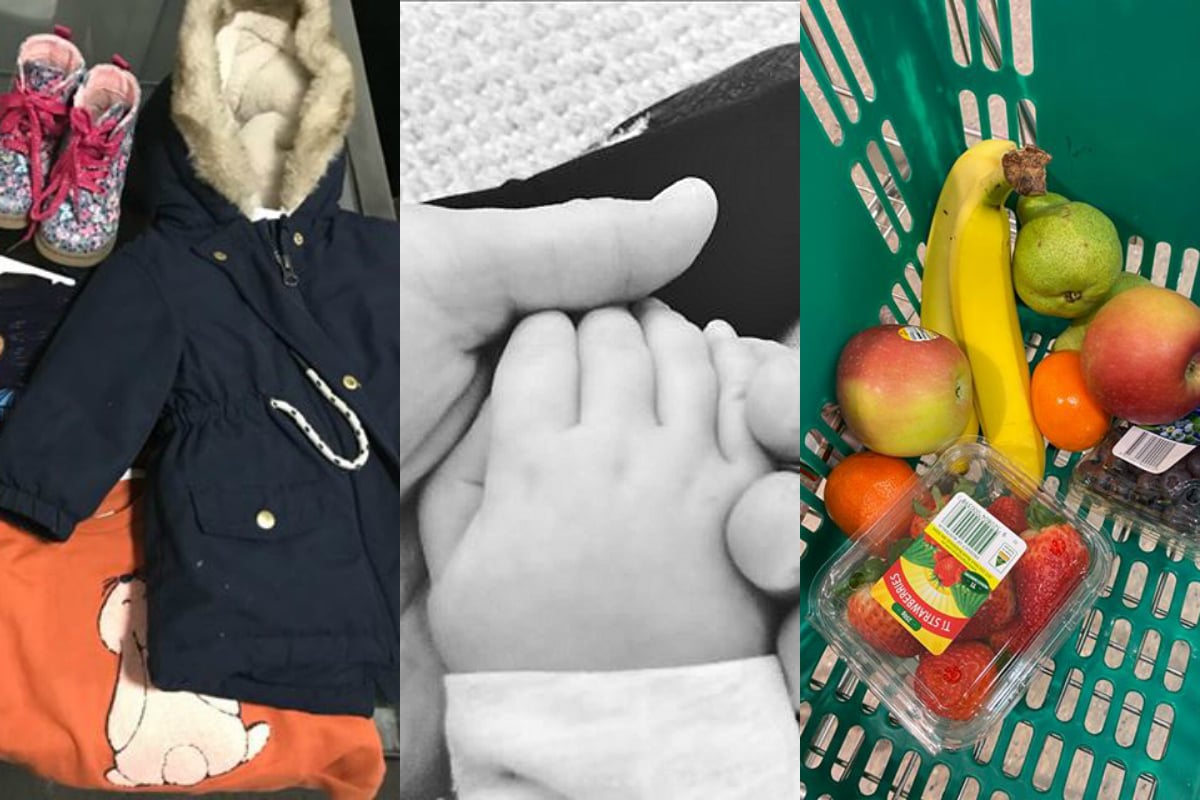
The following mentions domestic violence. If this topic brings up any issues for you, or if you just feel like you need to speak to someone, please call 1800 RESPECT (1800 737 732).
This year, somewhere in this 'lucky' country of ours, a mother named Lilly finally had enough money to make a birthday cake for her six-year-old son.
A woman named Angie could afford to buy her sister a takeaway coffee to celebrate the remission of her breast cancer.
Kay had the means to keep spare life-saving asthma medication on hand for her boys.
Hope could afford heating for the first time in four years.
J didn't have to go dumpster diving for food.
And C and her two young children could escape domestic violence, because she could afford petrol in the car, medical items, and fresh food. In 2020, for the first time in a long time, she didn't have to choose between safety and hunger.
The hidden numbers of domestic violence (Post continues below).
These Australians are all recipients of the $550 Coronavirus Supplement, a fortnightly boost to certain income support payments including JobSeeker, Youth Allowance, the Parenting Payment, and Sickness Allowance.

Top Comments